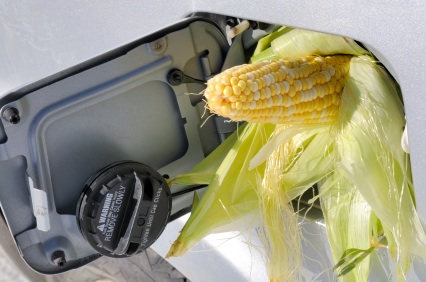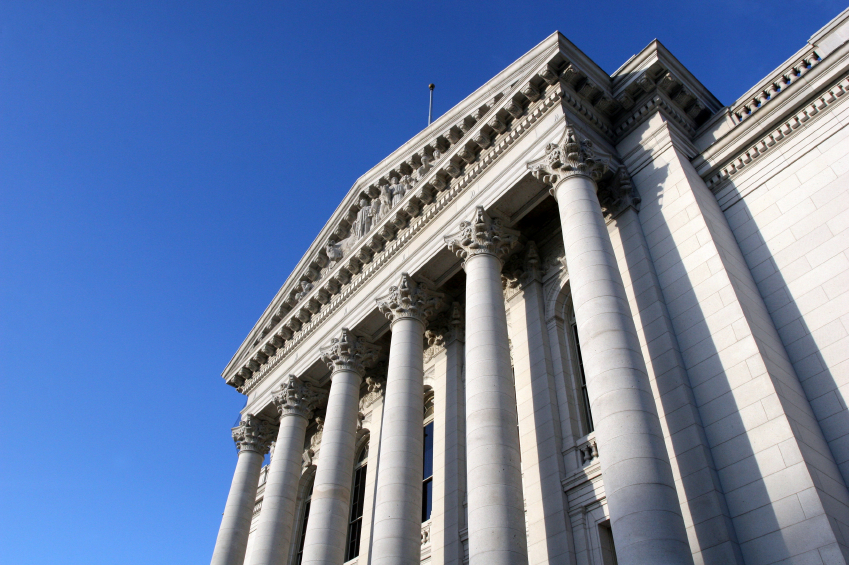In a ruling today, the Supreme Court rolled back campaign finance laws to the pre-Watergate era:
Sweeping aside a century-old understanding and overruling two important precedents, a bitterly divided Supreme Court on Thursday ruled that the government may not ban political spending by corporations in candidate elections.
The ruling was a vindication, the majority said, of the First Amendment’s most basic free speech principle — that the government has no business regulating political speech. The dissenters said allowing corporate money to flood the political marketplace will corrupt democracy.
The 5-to-4 decision was a doctrinal earthquake but also a political and practical one. Specialists in campaign finance law said they expected the decision, which also applies to labor unions and other organizations, to reshape the way elections are conducted.
I’ll say. Corporations will now be able to run ads supporting or opposing particular candidates up until the day before an election. While unions will likely gain the same right, they have never been able to spend more than a fraction of what large corporations typically do in an election year.
The majority opinion also offered some magical thinking in its ruling when it dismissed any risk that corporations might exert undue influence over elections as it referred to corporations as just another kind of “association of citizens.” Sadly, large corporations more often act like amoral, profit-driven robots — not the kind of associations any reasonable person would want pouring millions (perhaps up to a billion) dollars into federal campaign advertising.
This ruling will have profound effects not just on elections but on the very concept of reform in all areas of government. One of food policy expert Marion Nestle’s favorite refrains is that the best way to fix the food system is to remove corporate influence from government — she even lists that point as an important element in any attempt to fix food safety. And you need only read Grist’s David Roberts to hear the effect corporate money has on the debate over climate legislation.
This Supreme Court ruling solidifies corporations’ position as the ultimate power in American politics — they can use their deep pockets to assault voters with advertisements to spread fear, uncertainty and doubt on any issue and on any candidate they choose. And unlike elected officials, corporations are accountable to no one but their shareholders, especially if they’ve managed to stack the regulatory deck in their favor.
Anyone who believes that we need to address climate change, our food system, our exposure to toxic chemicals and our energy policy to put this country on a sustainable path should be outraged by the Supreme Court’s ruling — President Obama certainly is. There are election reform bills pending in Congress that may now get a boost but the fact is — barring Supreme Court retirements — nothing short of a constitutional amendment will close the Pandora’s Box this unconscionable ruling has opened. You have been warned.




